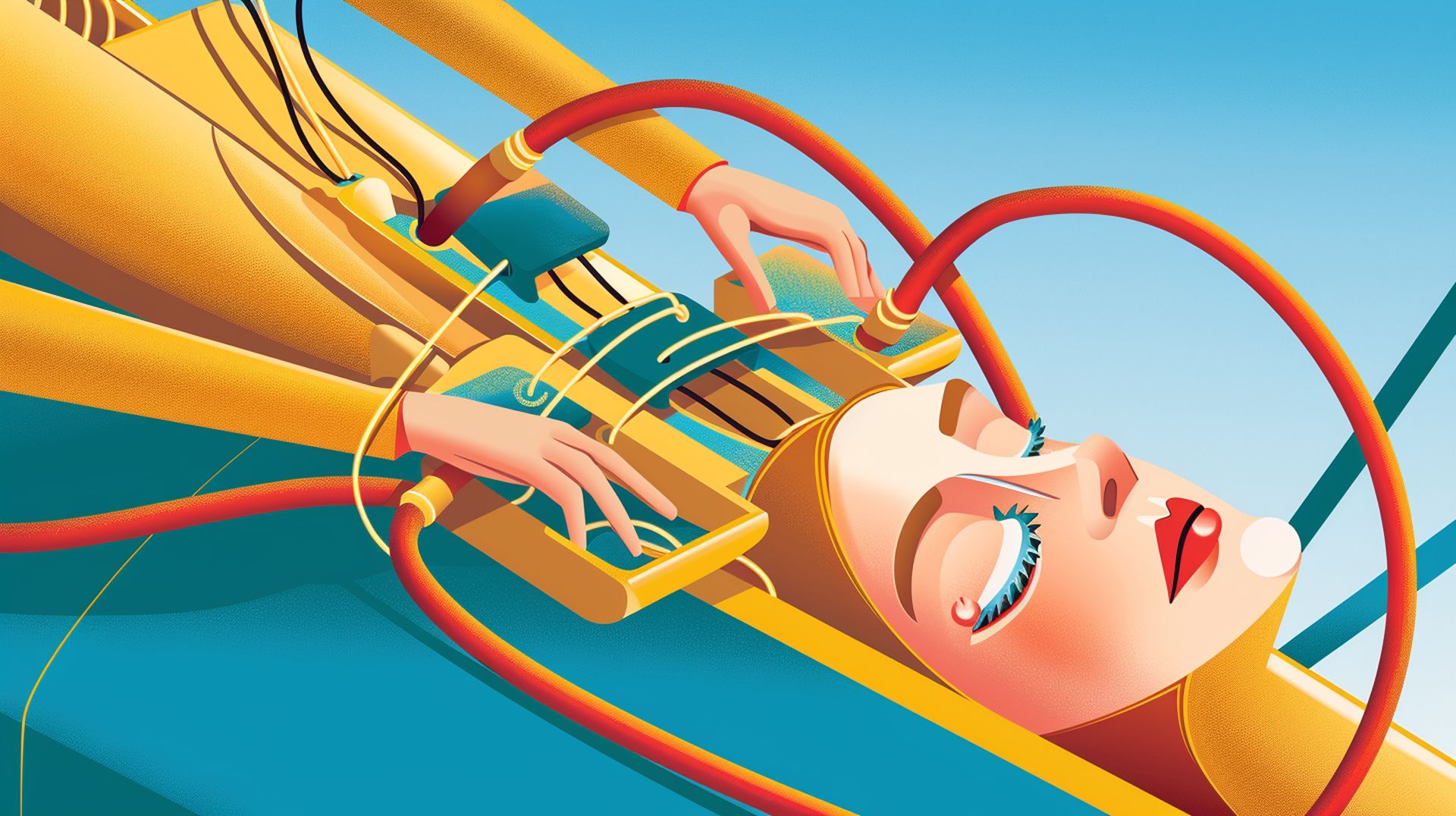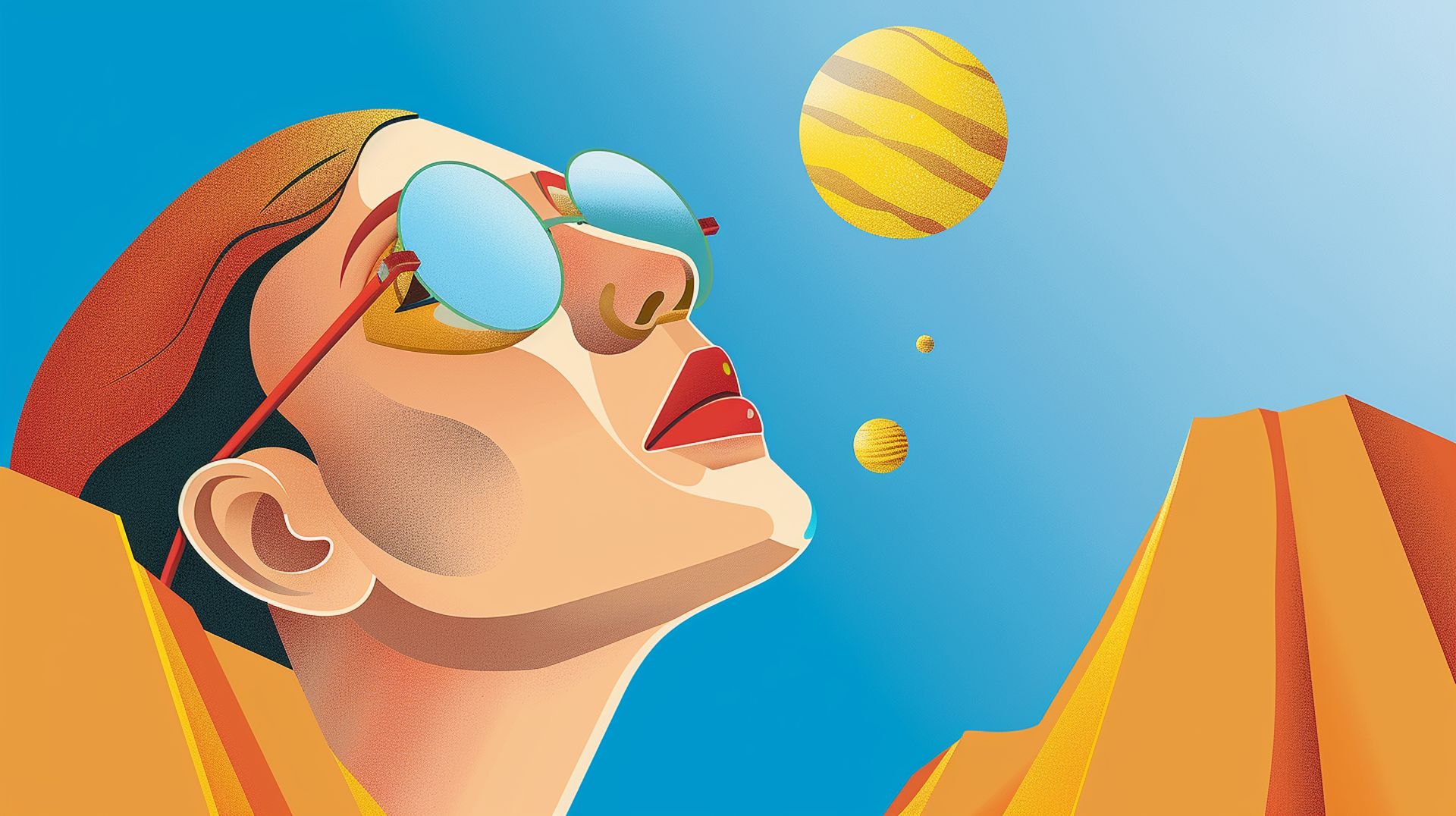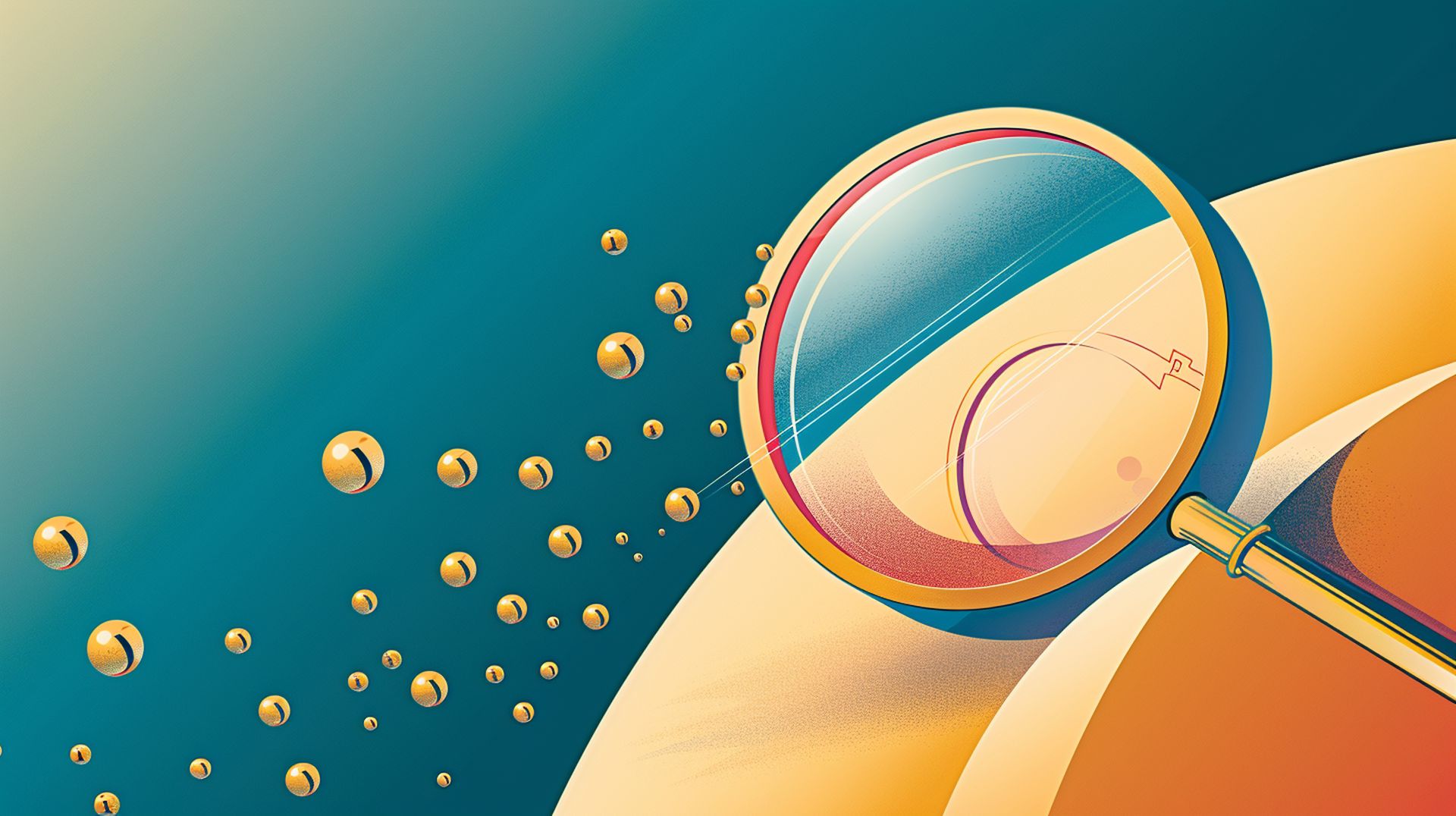Remember that heady rush of 2023? Every tech evangelist and their grandma was gushing about generative AI, hailing it as the dawn of a new creative epoch. ChatGPT, Bard, Midjourney, DALL-E – these names bounced around like Silicon Valley mantras, each output hailed as a digital deity’s decree. Fast forward to 2024, and the initial awe has morphed into a collective shrug. The “wow” factor has waned, replaced by a nagging question: Is AI creative?
Is AI creative?
Let’s be frank, the early outputs were impressive. Poems penned by algorithms, paintings birthed from code – it felt like witnessing the singularity in real-time. But the honeymoon phase, as tech honeymoons tend to do, sputtered out. Repetition set in. The “artist’s block” that plagues us fleshy creators apparently plagues our silicon counterparts too. We’re bombarded with derivative landscapes, formulaic poems, and characters as flat as a Kardashian’s reality show.
Here’s the exciting part: we’re still in the crayon stage. As AI matures, its ability to process information, adapt, and learn will exponentially increase. Imagine an AI that not only mimics existing creative works but analyzes them, deconstructs them, and synthesizes something entirely new. A tool that collaborates with human artists, pushing boundaries and defying expectations. That’s where the real magic lies.
But let’s not get ahead of ourselves. The road to true AI-powered creativity is paved with challenges. Biases in training data can lead to discriminatory outputs. The ethical implications of AI-generated art and literature need careful consideration. And let’s not forget the fundamental question: what even constitutes “creativity” in the face of an algorithm?
What is generative AI?
Generative AI, in its essence, is like a digital alchemist. It doesn’t just understand information; it transforms it, generating something new out of the old. Imagine feeding a machine a banquet of novels, paintings, music – the collective works of humanity’s creativity. What comes out isn’t just a regurgitation of what it’s been fed. No, it’s something original, something unique – or at least, that’s the goal.
At its heart, generative AI operates on a principle of learning and generating, not creating. It’s like teaching a child to draw. First, you show them pictures, explain the concepts of lines, shapes, and colors. Over time, with enough examples, the child begins to draw their own pictures, not copies of what they’ve seen, but their interpretations, their visions. Generative AI works similarly, using vast datasets instead of crayons and paper.

But here’s where the eyebrows furrow in skepticism. How does a machine, a tangle of wires and code, decide what to create? The answer lies in the patterns. Generative AI is a pattern seeker; it learns from the data it’s given, identifying trends, styles, and structures. Then, it uses this understanding to generate new creations, whether it be text, images, music, or even code.
Yet, as we stand in the gallery of generative AI’s creations, we must ask ourselves: are we looking at genuine creativity, or are we merely being shown a mirror of our own thoughts, repackaged and stylized by algorithms? The line between creation and imitation is a fine one, and generative AI dances on it with the grace of a tightrope walker.
The creativity dilemma
Yes, it’s clear that AI can churn out texts, images, and, with the advent of OpenAI’s Sora, even videos that can make us do a double-take. From this vantage point, the term “creative” seems fitting. After all, if creation is the act of bringing something new into existence, then AI ticks that box quite neatly.
But here’s where the waters get murky. When we pivot our gaze towards the more nuanced, human side of creativity, the picture becomes less clear. Creativity, in its most organic form, is not just about producing something new; it’s about imbuing that creation with a piece of the creator’s soul. It’s the fingerprint of human experience, the subtle infusion of emotions, memories, and dreams into something that can be shared, felt, and understood by others. This human touch is what makes a piece of art resonate on a frequency that vibrates through our very being.

This leads us to ponder: how “organic” can AI creativity be? Can a machine, for all its data and algorithms, replicate the serendipitous nature of human creativity? Human creativity often flourishes in the most unexpected moments – a dream, a whisper of the wind, a memory flickering in the back of our minds.
AI operates within the world of what it knows, what it has been fed. Its “creativity” is bound by the data it has ingested and the parameters within which it has been trained to operate. While it can mimic the patterns it sees, can it replicate the spark of inspiration that comes from living, from experiencing the myriad facets of life? Really, is AI creative?
In the search of creativity
The human mind is undeniably potent, yet it operates within the confines of its mortal coil. We are the custodians of incredible, yet inherently limited, cognitive capacities. The sheer volume of data that generative AI can hold in its digital grasp dwarfs what any human could hope to contain in their mental vault. More so, the speed at which AI can access, analyze, and cross-reference this data is beyond the human capability. Even the most prodigious minds among us cannot compete with the efficiency and expansiveness with which AI navigates its informational universe.

This remarkable capacity positions AI not as a rival in creativity but as an unparalleled catalyst.
When armed with the right questions and guided down fertile paths of inquiry, AI has the power to unlock doors we barely knew existed. It can dredge up connections and inspirations from the depths of its data lakes.
Does this catalytic role confer upon AI the title of creative? Is the magic in the creation itself, or in the orchestration of it?
Answering the unanswerable
Back to our original question: Is AI creative? Imagine a scenario where an editor, with zero experience in screenplay writing, decides to draft a Disney movie script. Generative AI steps in as a creative sidekick, transforming a basic concept into a detailed storyline, complete with dynamic characters and engaging plots. This technology doesn’t just support creativity; it propels it, making the daunting task of scriptwriting approachable and even exciting. Here, AI showcases its creative chops by enabling novices to create complex, imaginative works they wouldn’t have dared attempt before. In this context, AI indeed flexes its creative muscle.
Yet, the reliance on AI has its pitfalls. If creators lean too heavily on this digital crutch without investing their own unique insights and pushing their creative boundaries, the result is superficial. Creativity thrives on personal input and the challenge of overcoming obstacles. Without this human element, AI’s output, while technically ‘creative,’ lacks soul and depth. Thus, while AI can facilitate creativity, it doesn’t replace the need for human ingenuity and effort. In this context, no, AI is not creative.
Image credits: Kerem Gülen/Midjourney






